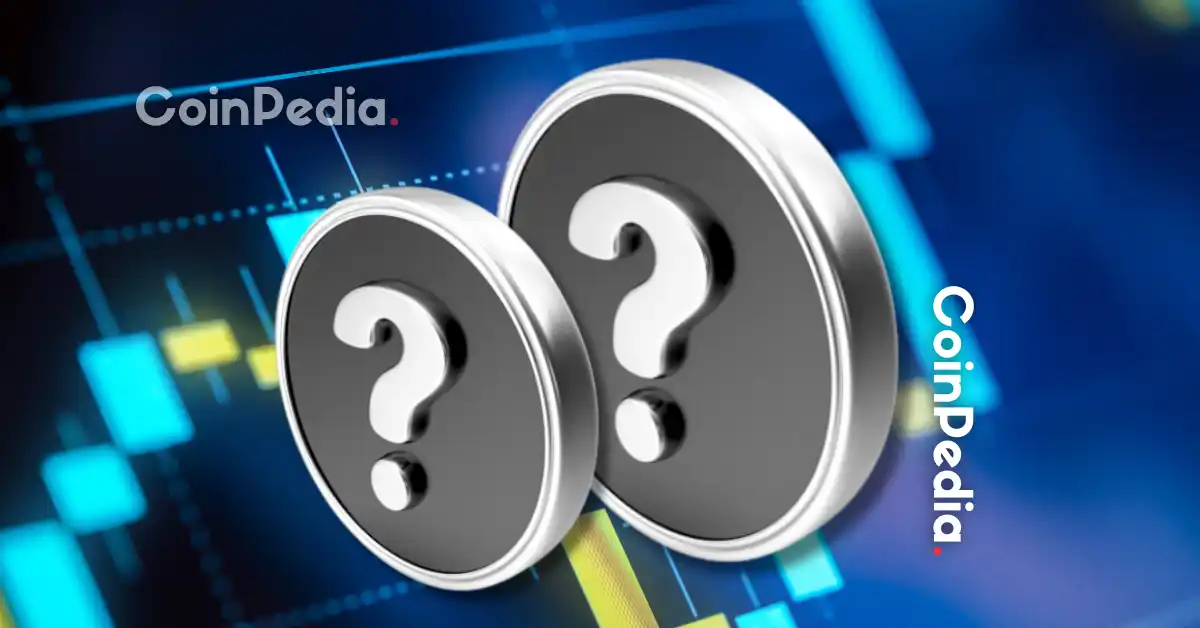
Pump.fun’s native token, PUMP coin, is currently trading near $0.0026, following a volatile post-ICO phase. The token, once hyped as a flagship of Solana’s meme ecosystem, is navigating significant pressure from early unlocks and shifting on-chain liquidity. With capital cycling through meme platforms and attention fragmented across competing ecosystems, PUMP’s price is responding to dynamic structural shifts. As traders gauge where accumulation might begin, the current range provides clues about whether a breakout or deeper retracement is likely.
PUMP is operating within a tightening range, having slipped more than 35% from its initial offering price of $0.004. After an early surge, the token faced consistent sell pressure, primarily from early investors and whales unloading large allocations into open market liquidity. This has created a supply overhang, keeping upward momentum capped despite strong platform branding.
The PUMP price has shown temporary stabilization around the $0.0025–$0.0026 zone, which now acts as key near-term support. Above this range, a recovery would first need to overcome resistance near $0.0030 and then challenge the psychologically significant $0.004 mark—its original listing value.
As seen in the above chart, the price has maintained a steep descending trend since its launch, while the current rise has helped it to break the pattern. The volume has increased in the past few days, indicating a rise in trading activity. The Bollinger bands are almost parallel, suggesting a drop in the volatility, while the MACD is showing deviation at frequent intervals. However, it remains within the negative range and as a result, the fear of a pullback prevails for the PUMP price. Hence, if it enters the descending parallel channel, the bearish hold over the rally may tighten.
The technical structure is fragile but well-defined
A daily close above $0.0032 would invalidate the downtrend and potentially open the path for a trend reversal. Until then, price remains vulnerable to additional downside from supply rotation.
PUMP uses a bonding-curve model, which means the token price rises as more are bought and falls when sold. With no centralized liquidity pool, large ‘sells’ have a disproportionate impact. Following its ICO, around one-third of the token’s total supply entered circulation, resulting in early accumulation being flipped into profits. This heavy unlock phase diluted demand and created a persistent downtrend.
Price is currently caught between two forces: speculative interest from retail and automated liquidity from new token launches on the Pump. fun platform. However, with minimal utility features—such as governance or staking—the token remains subject to rapid capital shifts and narrative fatigue.
Collectively, competition from rival launchpads has also affected sentiment. While Pump.fun maintains brand dominance, newer platforms are gaining market share. Combined with limited updates to token utility and growing skepticism around early investor behavior, the project must re-energize user interest to regain momentum.
CoinPedia has been delivering accurate and timely cryptocurrency and blockchain updates since 2017. All content is created by our expert panel of analysts and journalists, following strict Editorial Guidelines based on E-E-A-T (Experience, Expertise, Authoritativeness, Trustworthiness). Every article is fact-checked against reputable sources to ensure accuracy, transparency, and reliability. Our review policy guarantees unbiased evaluations when recommending exchanges, platforms, or tools. We strive to provide timely updates about everything crypto & blockchain, right from startups to industry majors.
All opinions and insights shared represent the author's own views on current market conditions. Please do your own research before making investment decisions. Neither the writer nor the publication assumes responsibility for your financial choices.
Sponsored content and affiliate links may appear on our site. Advertisements are marked clearly, and our editorial content remains entirely independent from our ad partners.
Bitcoin (BTC) price extended its recent gains on Friday to almost retest its all-time high…
Ethereum may be on track to reach $60,000 in the next few years, according to…
Investors searching for 10x returns before 2026 need to balance ambition with realism. Many of…
Ethereum (ETH)’s success story continues to inspire traders across the market. For years, ETH has…
Cryptocurrency is steadily gaining ground in the U.S., with more people and businesses exploring digital…
President Donald Trump has floated a proposal that could change the way Americans benefit from…